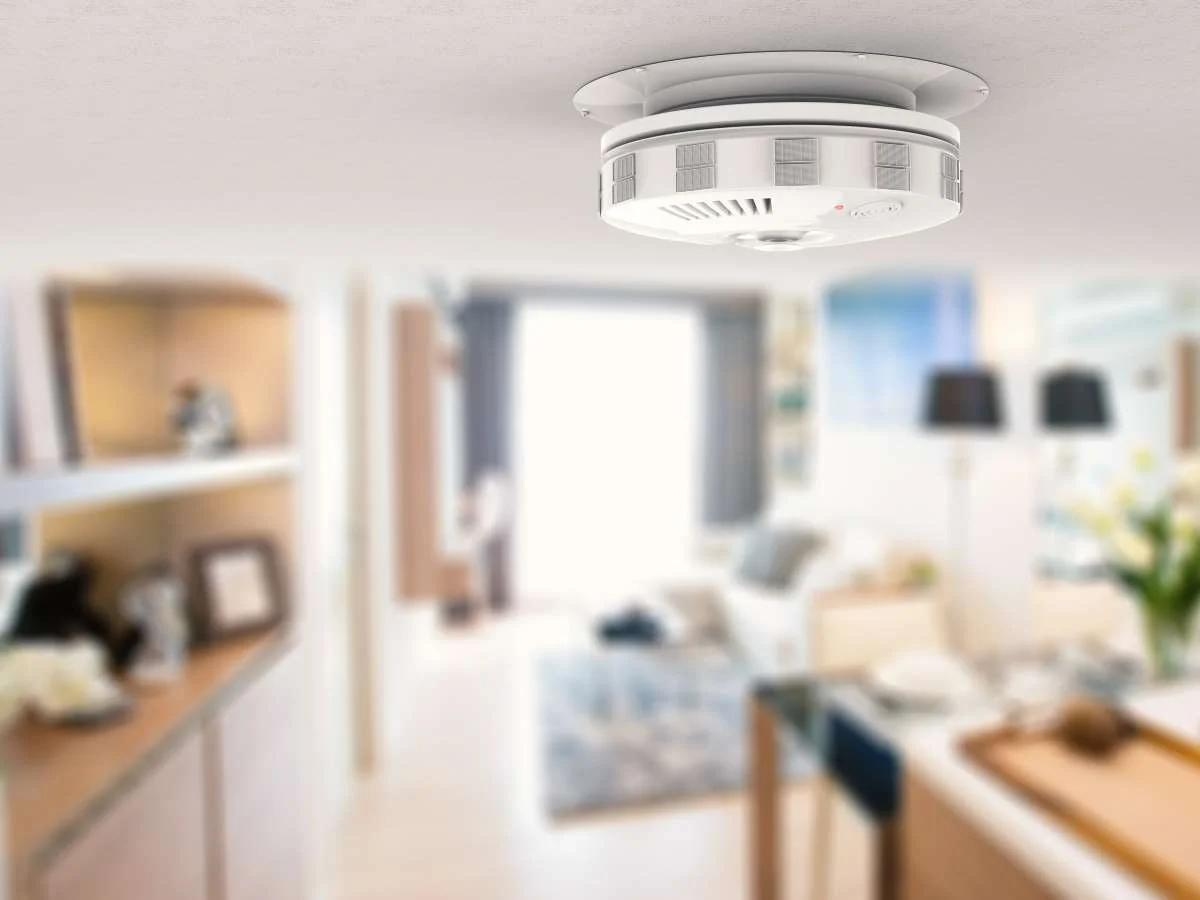

Articles
How Long Does A Smoke Detector Last
Modified: February 24, 2024
Learn how long a smoke detector typically lasts and how to determine if it's time to replace it. Read our informative articles for expert advice and tips.
(Many of the links in this article redirect to a specific reviewed product. Your purchase of these products through affiliate links helps to generate commission for Storables.com, at no extra cost. Learn more)
Introduction
Smoke detectors play a crucial role in safeguarding our homes and saving lives. They are designed to detect the presence of smoke and sound an alarm to alert occupants of a potential fire. However, like any electronic device, smoke detectors have a limited lifespan. Understanding how long a smoke detector lasts is essential for maintaining a safe living environment.
There are various factors that can affect the lifespan of a smoke detector. These include the type of smoke detector, the power source, and the maintenance routine. In this article, we will explore these factors and provide guidance on when to replace a smoke detector.
It is important to note that smoke detectors are not infallible and should not be relied upon as the sole means of fire protection. They should be used in conjunction with other safety measures, such as fire extinguishers and an evacuation plan.
Now, let’s delve into the different factors that can affect the lifespan of a smoke detector.
Key Takeaways:
- Regular maintenance, including testing, battery replacement, and cleaning, is crucial for ensuring the optimal performance and reliability of smoke detectors, ultimately enhancing home safety.
- Understanding the lifespan of different types of smoke detectors and recognizing signs of a failing detector are essential for knowing when to replace them, ensuring the highest level of fire safety in your home.
Factors Affecting Smoke Detector Lifespan
Several factors can impact the lifespan of a smoke detector. These include:
- Type of Smoke Detector: There are different types of smoke detectors available in the market, including ionization, photoelectric, and dual-sensor detectors. The type of smoke detector you have can affect its lifespan. Generally, ionization smoke detectors have a lifespan of 8-10 years, while photoelectric detectors have a lifespan of 10 years. Dual-sensor detectors, which combine both ionization and photoelectric technologies, also have a lifespan of 10 years.
- Power Source: Smoke detectors can be battery-powered or hardwired. Battery-powered smoke detectors rely on disposable or rechargeable batteries, while hardwired detectors are connected to the electrical system of the house. Battery-powered smoke detectors usually have a lifespan of 5-10 years, depending on the type of battery used. Hardwired smoke detectors, on the other hand, can last up to 15 years or more, as they are continuously powered by the electrical system.
- Environment: The environment in which a smoke detector is installed can also influence its lifespan. Smoke detectors installed in areas with high levels of dust, humidity, or extreme temperatures may have a shorter lifespan. It is important to regularly clean the detectors and keep them away from sources of heat, steam, and direct sunlight.
- Maintenance: Regular maintenance can extend the lifespan of a smoke detector. This includes testing the detector monthly, replacing batteries as needed, and cleaning the unit to remove any dust or debris. Some smoke detectors also have a feature that alerts you when the sensor becomes dirty or contaminated, indicating the need for cleaning or replacement.
By considering these factors, you can better understand the lifespan of your smoke detector and take appropriate measures to ensure its optimal performance. In the next sections, we will discuss the lifespan of battery-powered smoke detectors and hardwired smoke detectors in more detail.
Battery-Powered Smoke Detectors
Battery-powered smoke detectors are a popular choice for residential homes as they are easy to install and maintain. These detectors rely on batteries to power their operation, making them independent of the electrical system. However, the lifespan of battery-powered smoke detectors can vary depending on several factors.
On average, battery-powered smoke detectors have a lifespan of 5-10 years. The actual lifespan can differ based on the type of battery used, the frequency of testing, and the environmental conditions.
The most common type of battery used in smoke detectors is the 9-volt alkaline battery. These batteries have a typical lifespan of 1-2 years, but it is recommended to replace them annually to ensure reliable performance. Lithium batteries, on the other hand, have a longer lifespan and can last up to 5 years. However, it is still important to check and replace these batteries as needed.
To maintain the longevity of a battery-powered smoke detector, regular maintenance is crucial. This includes testing the detector monthly by pressing the test button to ensure it is functioning correctly. It is recommended to replace the batteries at least once a year, or sooner if the detector emits a low battery warning signal. Additionally, keeping the detector clean from dust and debris can help prolong its lifespan.
It is important to note that while battery-powered smoke detectors provide convenience, the reliance on batteries means they are susceptible to battery failure or depletion. Therefore, it is essential to establish a routine to check and replace the batteries to ensure the detector is always operational.
When selecting a battery-powered smoke detector, look for models that provide a low battery alert feature. This feature emits a chirping sound or flashes a light to indicate when the battery needs replacement. This proactive notification can help prevent the risk of a non-functional detector and provides peace of mind.
Next, let’s explore the lifespan of hardwired smoke detectors and the benefits they offer.
Hardwired Smoke Detectors
Hardwired smoke detectors are a reliable and long-lasting option for fire detection in homes. Unlike battery-powered detectors, hardwired detectors are directly connected to the electrical system of the house. This ensures a continuous power supply, eliminating the need for battery replacements and reducing the risk of a non-functional detector.
The lifespan of hardwired smoke detectors is longer compared to their battery-powered counterparts. On average, hardwired smoke detectors can last up to 15-20 years, although some models may have an even longer lifespan. The extended lifespan of hardwired detectors is mainly attributed to their constant power source.
Hardwired smoke detectors are typically interconnected, meaning that if one detector detects smoke, it triggers all detectors in the house to sound the alarm. This provides enhanced safety by alerting occupants in multiple areas of the house simultaneously.
Additionally, some hardwired smoke detectors have a backup battery feature to ensure functionality during a power outage. These backup batteries can have a lifespan of 1-2 years and should be replaced regularly to guarantee uninterrupted operation.
Regular maintenance is still crucial for hardwired smoke detectors to ensure their optimal performance. Testing the detectors monthly, cleaning them to remove any dust or debris, and checking the backup battery are important tasks to incorporate into your maintenance routine.
If you have an older home that does not have hardwired detectors, it is possible to retrofit battery-powered detectors with a wireless interconnection feature. This allows battery-powered detectors to communicate with each other wirelessly, providing similar functionality to hardwired detectors.
It is important to note that hardwired smoke detectors require professional installation, as they need to be connected to the electrical system. Hiring a licensed electrician ensures proper installation and compliance with local building codes.
In the next section, we will discuss combination smoke and carbon monoxide detectors and their lifespan.
Combination Smoke and Carbon Monoxide Detectors
Combination smoke and carbon monoxide detectors offer a comprehensive solution for protecting against both smoke and the silent killer, carbon monoxide (CO). These detectors are designed to detect the presence of both smoke and CO, providing a dual-functionality in one unit.
Similar to traditional smoke detectors, the lifespan of combination detectors can vary based on certain factors, including the type of detector and the power source.
Combination detectors can be battery-powered or hardwired, just like standalone smoke detectors. The lifespan of battery-powered combination detectors typically ranges from 5-10 years, depending on the type of battery used. Rechargeable or disposable batteries may require more frequent replacements than long-life lithium batteries.
Hardwired combination detectors, on the other hand, often have a lifespan of 10 years or more. The constant power supply ensures continuous operation, reducing the need for battery replacements. However, it is still important to test the detectors regularly and replace any backup batteries if they are equipped with them.
Combination detectors are typically equipped with advanced sensors that can differentiate between smoke and carbon monoxide. They have separate alarm signals for smoke and CO, so you’ll know which danger you’re facing when the alarm sounds.
Similar to standalone smoke detectors, combination detectors also require regular maintenance. This includes testing the detector monthly, replacing batteries when needed, and cleaning the unit to remove any dust or debris. Some combination detectors have a feature that alerts you when the sensor becomes dirty or contaminated, indicating the need for cleaning or replacement.
It’s important to understand that combination smoke and carbon monoxide detectors provide an additional layer of safety in the home. Carbon monoxide is a colorless and odorless gas, making it undetectable without a specialized detector. By having a combination detector, you can detect both smoke and carbon monoxide with a single device, enhancing your home’s safety.
We will now move on to discussing the importance of smoke detector maintenance and signs of a failing smoke detector.
Replace your smoke detector every 10 years to ensure it is functioning properly. Check the expiration date on the unit or refer to the manufacturer’s guidelines.
Smoke Detector Maintenance
Maintaining your smoke detectors is essential to ensure their effectiveness in detecting and alerting you to potential fires. Regular maintenance includes performing tests, replacing batteries, and keeping the detectors clean.
Here are some key tips for smoke detector maintenance:
- Monthly Testing: Test your smoke detectors monthly by pressing the test button. This will activate the alarm and allow you to ensure that the detector is functioning properly. If the alarm sound is weak or inconsistent, replace the batteries and test again. If the problem persists, it may be time to replace the detector.
- Battery Replacement: For battery-powered smoke detectors, replace the batteries according to the manufacturer’s recommendations or at least once a year. Some detectors may emit a low battery warning signal when the batteries need to be replaced. When replacing batteries, use new, high-quality batteries to ensure reliable performance.
- Cleaning: Dust and debris can accumulate on the sensors of smoke detectors, affecting their sensitivity. Regularly clean the detectors using a soft brush or vacuum cleaner attachment to remove any dust or debris. Avoid using chemicals or cleaning agents, as they can damage the detector. Refer to the manufacturer’s instructions for specific cleaning recommendations.
- Keep Detectors Unobstructed: Ensure that the smoke detectors are not blocked or obstructed by furniture, curtains, or any other objects. Obstructions can prevent smoke from reaching the detector, reducing its effectiveness in detecting a fire.
- Replace Outdated Detectors: Smoke detectors have a limited lifespan and should be replaced according to the manufacturer’s recommendations or every 8-10 years for ionization detectors, 10 years for photoelectric detectors, and 10 years for dual-sensor detectors. If you are unsure about the age or condition of your detectors, it is best to err on the side of caution and replace them.
Proper maintenance ensures that your smoke detectors are always in optimal working condition and can provide early detection of fires, giving you and your family valuable time to evacuate safely.
Now, let’s move on to discussing the signs of a failing smoke detector.
Signs of a Failing Smoke Detector
Smoke detectors are critical for the safety of your home, so it’s important to be aware of the signs that indicate a failing or malfunctioning detector. Detecting and addressing these signs promptly can help ensure that your smoke detector is functioning properly when you need it most.
Here are some common signs of a failing smoke detector:
- Chirping Sound: One of the most common signs of a failing smoke detector is a persistent chirping or beeping sound. This is usually an indicator that the battery is low or needs to be replaced. If you have replaced the battery and the chirping continues, it may be a sign of a faulty detector that needs to be replaced.
- Inconsistent Alarm Sound: If your smoke detector’s alarm sound is weak or inconsistent during testing, it may be a sign of a failing detector. The alarm should be loud and clear to alert you to the presence of smoke and potential fire.
- False Alarms: Frequent false alarms from your smoke detector can be a sign of a malfunctioning unit. False alarms can be triggered by steam, cooking fumes, dust, or other environmental factors. However, if false alarms persist even after cleaning and ensuring proper installation, it may indicate that the detector is no longer reliable.
- Absence of Regular Testing Signal: Some smoke detectors have a regular testing signal that sounds at a set interval, indicating that the detector is self-testing and working correctly. If you notice that your detector has stopped emitting this regular testing signal, it may signify a malfunction or a need for replacement.
- Age of the Detector: Smoke detectors have a limited lifespan, typically ranging from 8-10 years for ionization detectors, 10 years for photoelectric detectors, and 10 years for dual-sensor detectors. If your detector is approaching or past its recommended lifespan, it is advisable to replace it to ensure optimal functionality.
If you observe any of these signs or have concerns about the reliability of your smoke detector, it’s crucial to take prompt action. Perform a thorough inspection, replace batteries if needed, and clean the detector. If the issues persist, it’s advisable to replace the detector altogether to maintain a high level of fire safety in your home.
Now that we’ve covered the signs of a failing smoke detector, let’s discuss when it is advisable to replace a smoke detector.
When to Replace a Smoke Detector
Knowing when to replace a smoke detector is essential for ensuring the safety of your home and occupants. While smoke detectors have a lifespan, there are also other factors to consider that may warrant replacement before their designated expiration.
Here are some scenarios in which it is advisable to replace a smoke detector:
- Expired Lifespan: If your smoke detector has reached its recommended lifespan, it is crucial to replace it, even if it appears to be functioning properly. Manufacturers provide guidelines for the lifespan of their detectors, typically ranging from 8-10 years for ionization detectors, 10 years for photoelectric detectors, and 10 years for dual-sensor detectors. Replacing your detector ensures that you have the most up-to-date technology and optimal functionality.
- Damaged or Faulty Detector: If your smoke detector has been dama
Conclusion
Smoke detectors are crucial devices that protect our homes and loved ones from the risks of fire. Understanding the factors that affect their lifespan and knowing when to replace them is essential for maintaining a safe living environment.
In this article, we explored the factors that can impact the lifespan of smoke detectors, including the type of detector, power source, and environment. We discussed battery-powered smoke detectors, which have a lifespan of 5-10 years, and hardwired detectors that can last up to 15-20 years or more. We also highlighted the importance of combination detectors that provide dual functionality for smoke and carbon monoxide detection.
Maintaining smoke detectors through regular testing, proper battery replacement, and cleaning is crucial for their reliable performance. Signs of a failing smoke detector, such as chirping sounds, inconsistent alarm sounds, and frequent false alarms, should not be ignored, as they may indicate the need for replacement.
Ultimately, it is critical to replace smoke detectors when they have reached their recommended lifespan or show signs of malfunction. Following the guidelines provided by the manufacturer and local regulations ensures that you have the most effective and up-to-date technology in your home.
Remember, smoke detectors are just one part of overall fire safety measures. It is essential to develop an evacuation plan, have working fire extinguishers, and regularly practice fire drills with your family to enhance your home’s safety.
By being proactive in maintaining and replacing smoke detectors, you can have peace of mind knowing that you have taken significant steps to protect your home and loved ones from the dangers of fire. Stay vigilant, stay safe!
Frequently Asked Questions about How Long Does A Smoke Detector Last
What are the common reasons for smoke detector failure?The common reasons for smoke detector failure include dead or missing batteries, dust and debris accumulation, expired sensor lifespan, and electrical issues. It’s important to regularly test and maintain your smoke detectors to ensure they are functioning properly.How often should I replace the batteries in my smoke detector?It is recommended to replace the batteries in your smoke detector at least once a year, or as soon as you hear the low battery chirping sound. Some newer models come with long-life batteries that can last up to 10 years, but it’s still important to test them regularly.Can a smoke detector expire?Yes, smoke detectors have a limited lifespan, typically around 8-10 years. Over time, the sensors and components can degrade, leading to decreased effectiveness. It’s important to check the expiration date on your smoke detector and replace it when it reaches the end of its lifespan.What are the signs that indicate a smoke detector needs to be replaced?Signs that indicate a smoke detector needs to be replaced include consistent false alarms, yellowing or fading of the plastic cover, and failure to respond during a test. If your smoke detector is older than 10 years or has reached its expiration date, it’s best to replace it with a new one.How can I extend the lifespan of my smoke detector?To extend the lifespan of your smoke detector, regularly test the alarm, clean it from dust and debris, replace the batteries annually, and replace the entire unit once it reaches its expiration date. Additionally, avoid painting or decorating the smoke detector, as this can interfere with its functionality.
Was this page helpful?
At Storables.com, we guarantee accurate and reliable information. Our content, validated by Expert Board Contributors, is crafted following stringent Editorial Policies. We're committed to providing you with well-researched, expert-backed insights for all your informational needs.
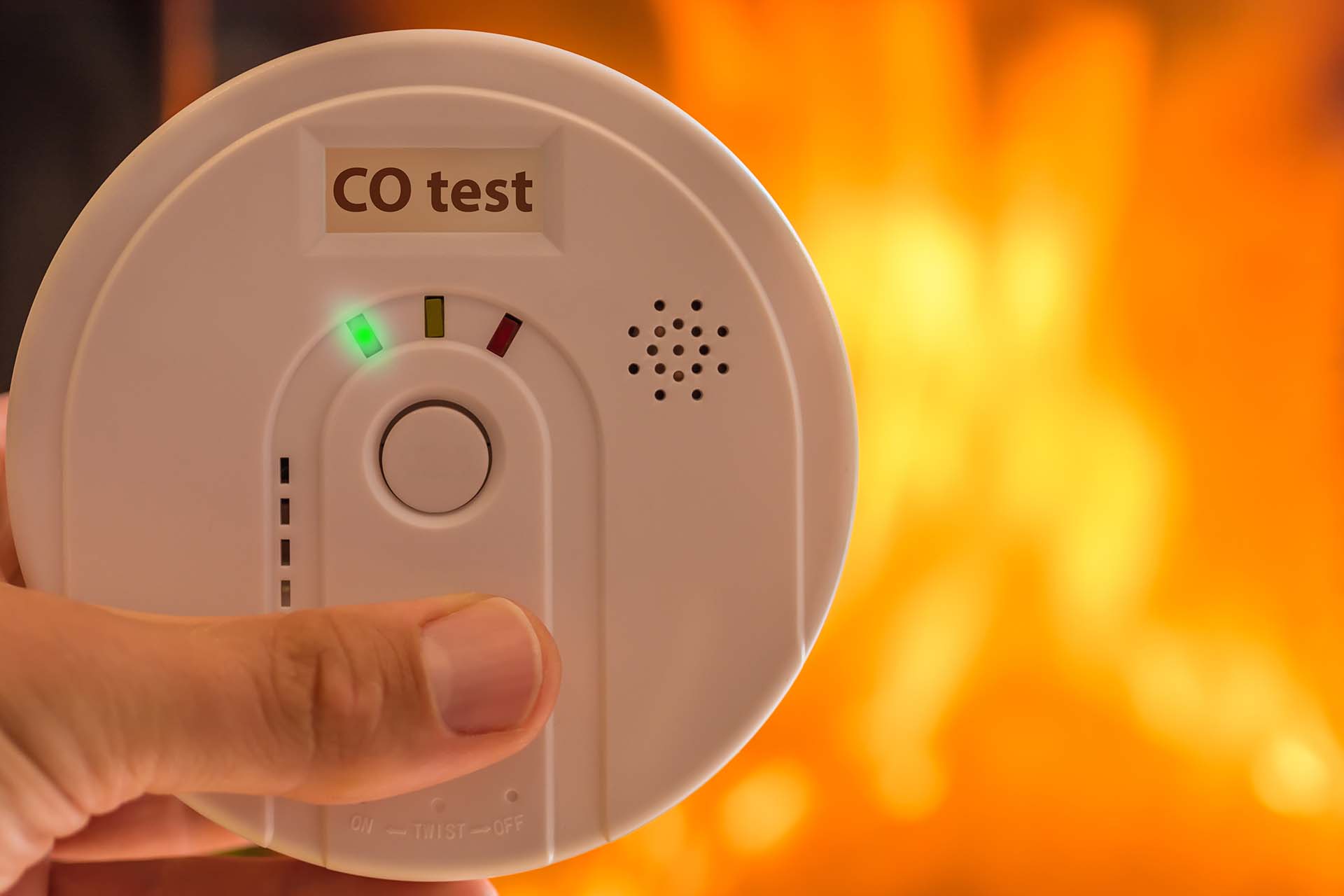
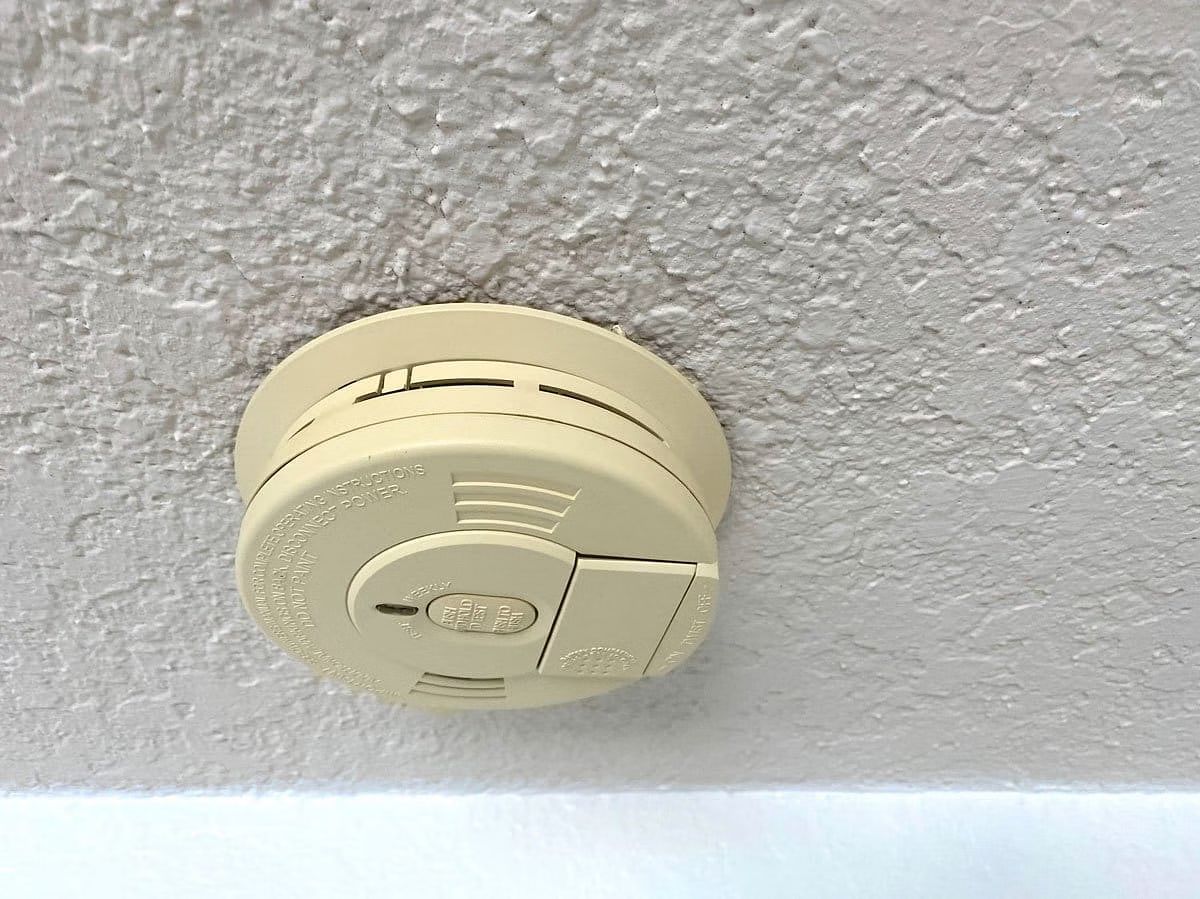
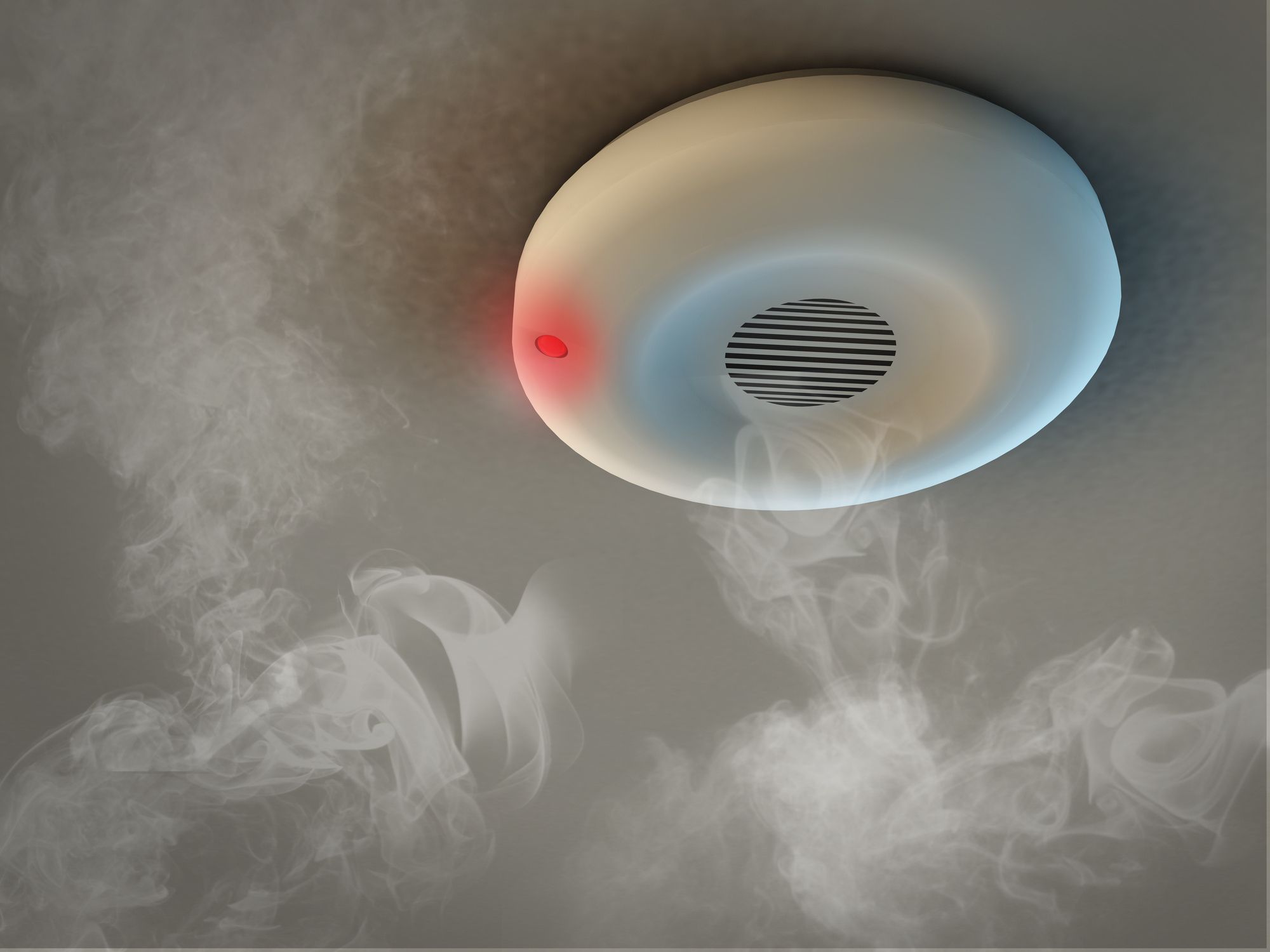
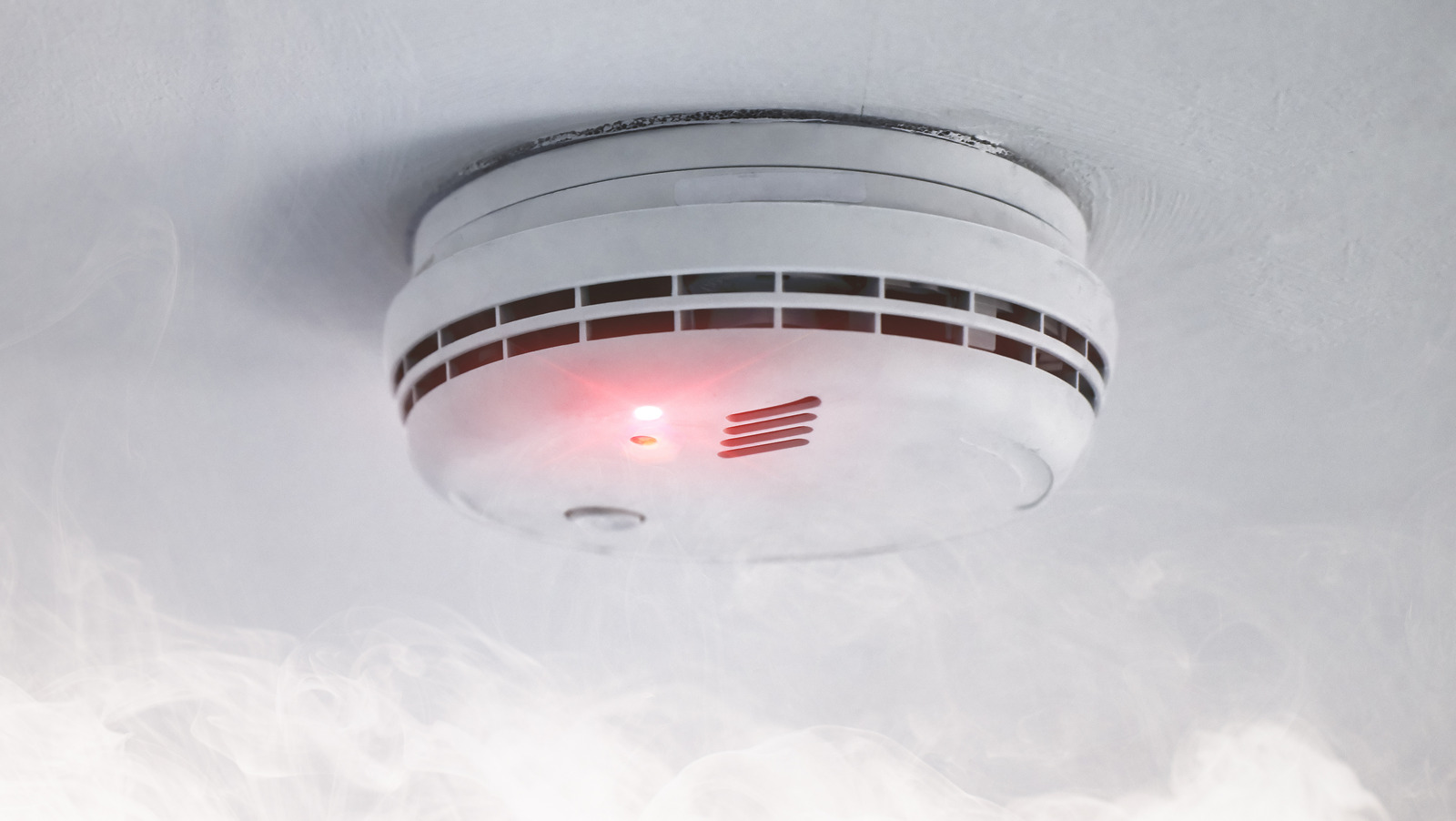
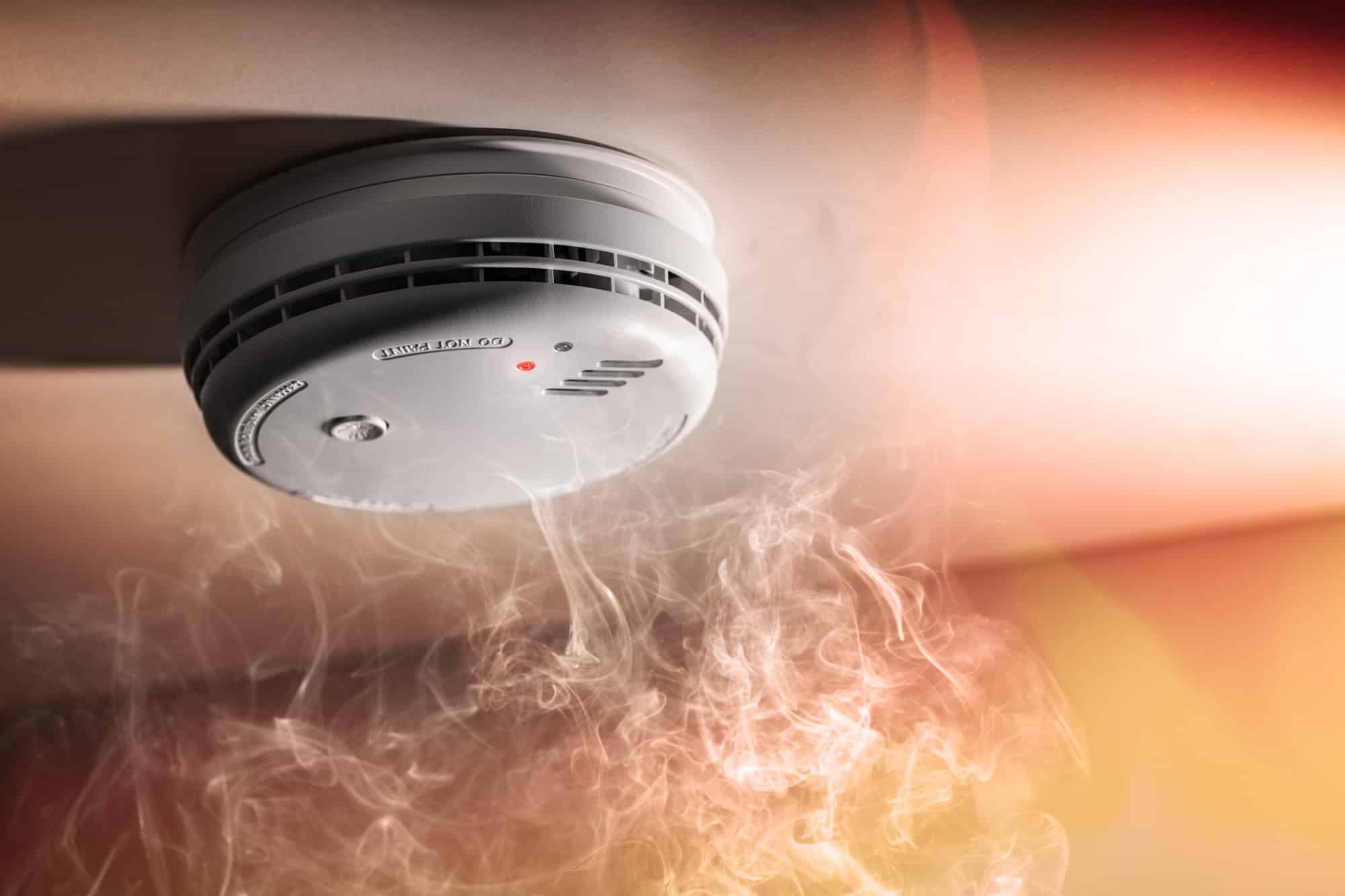
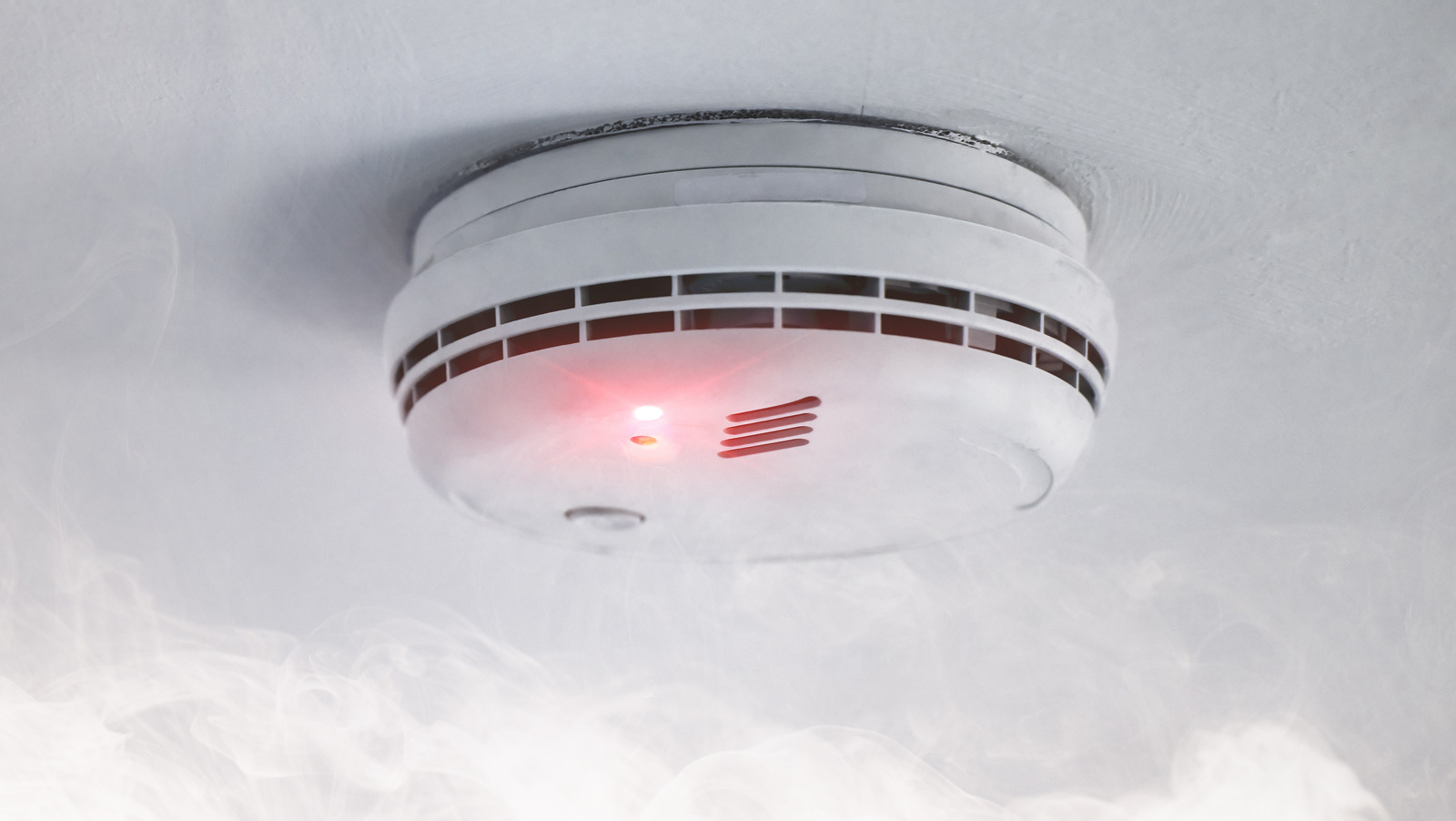

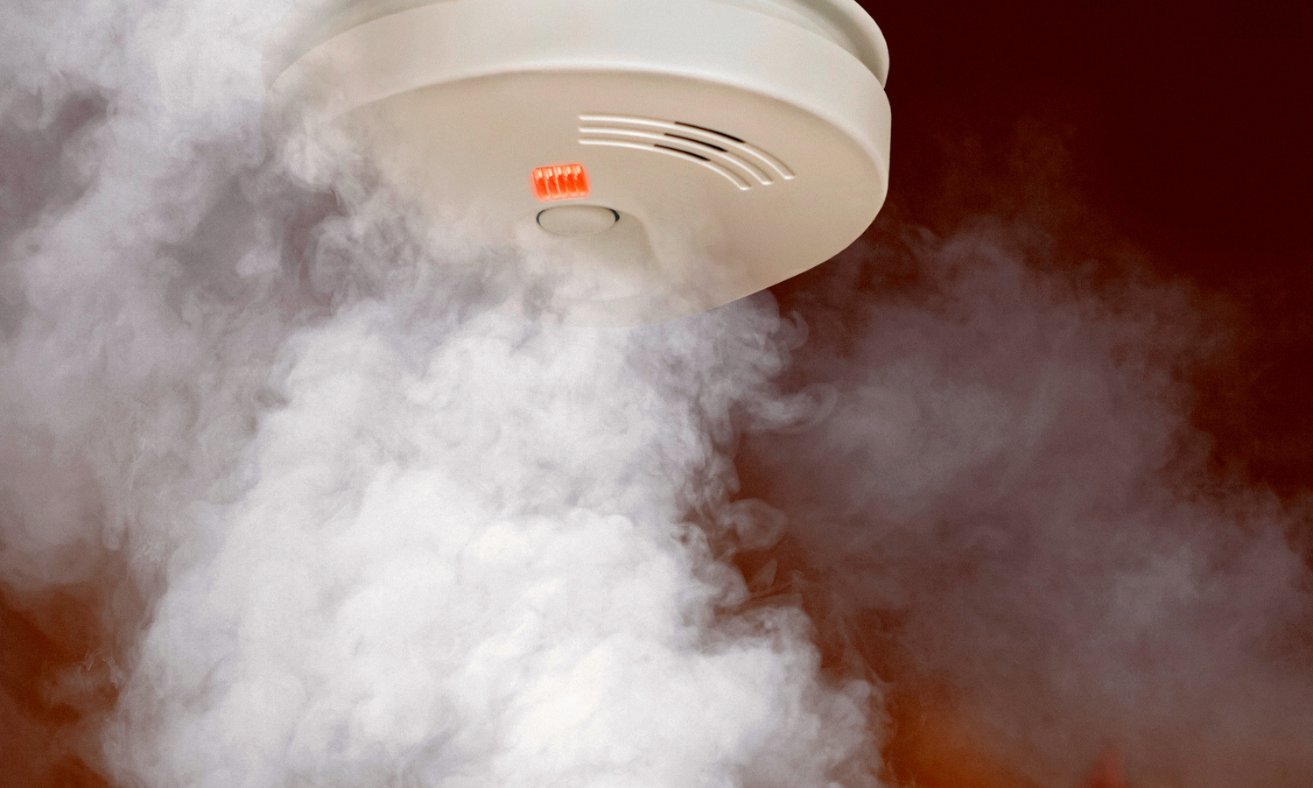
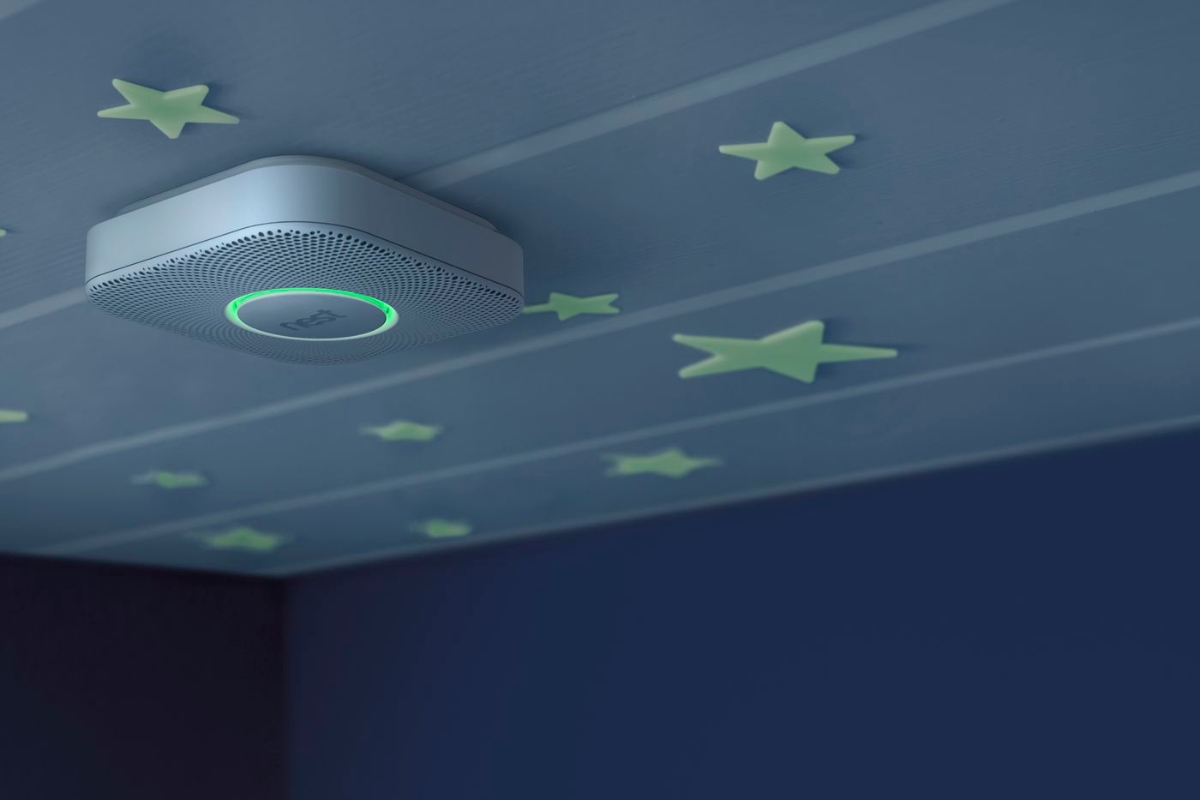
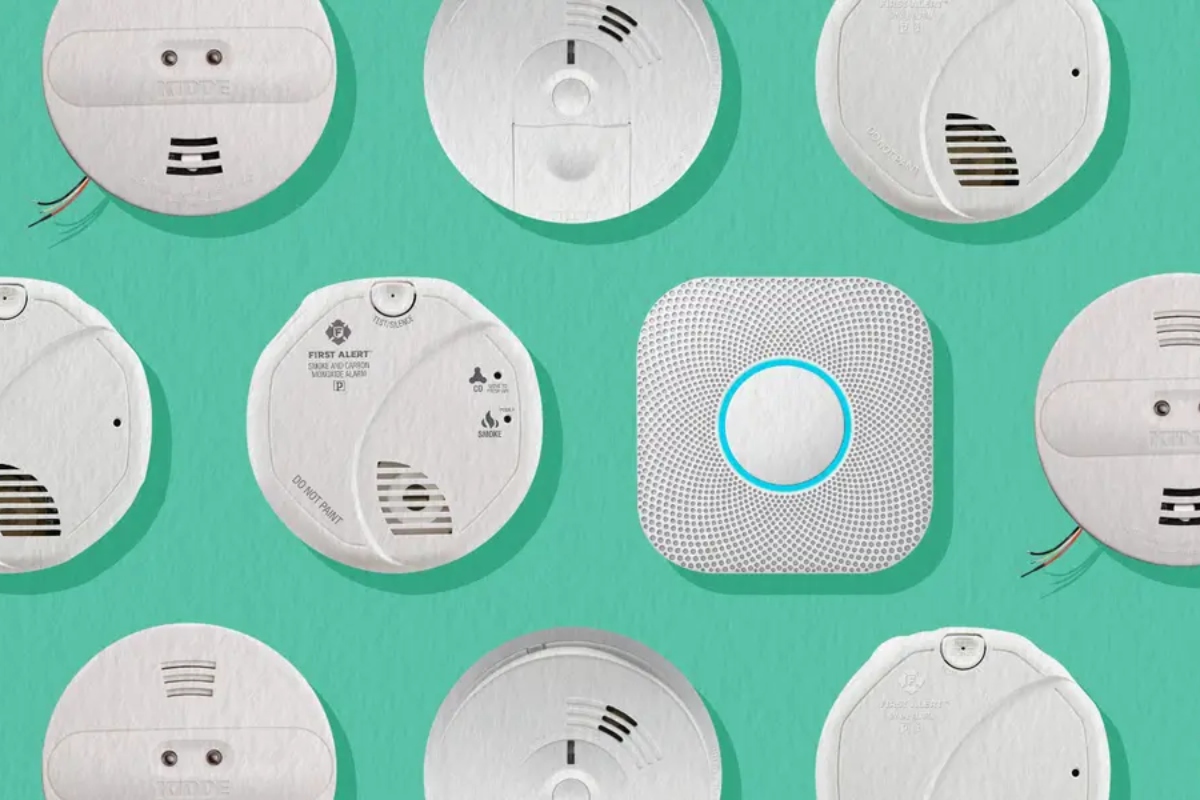
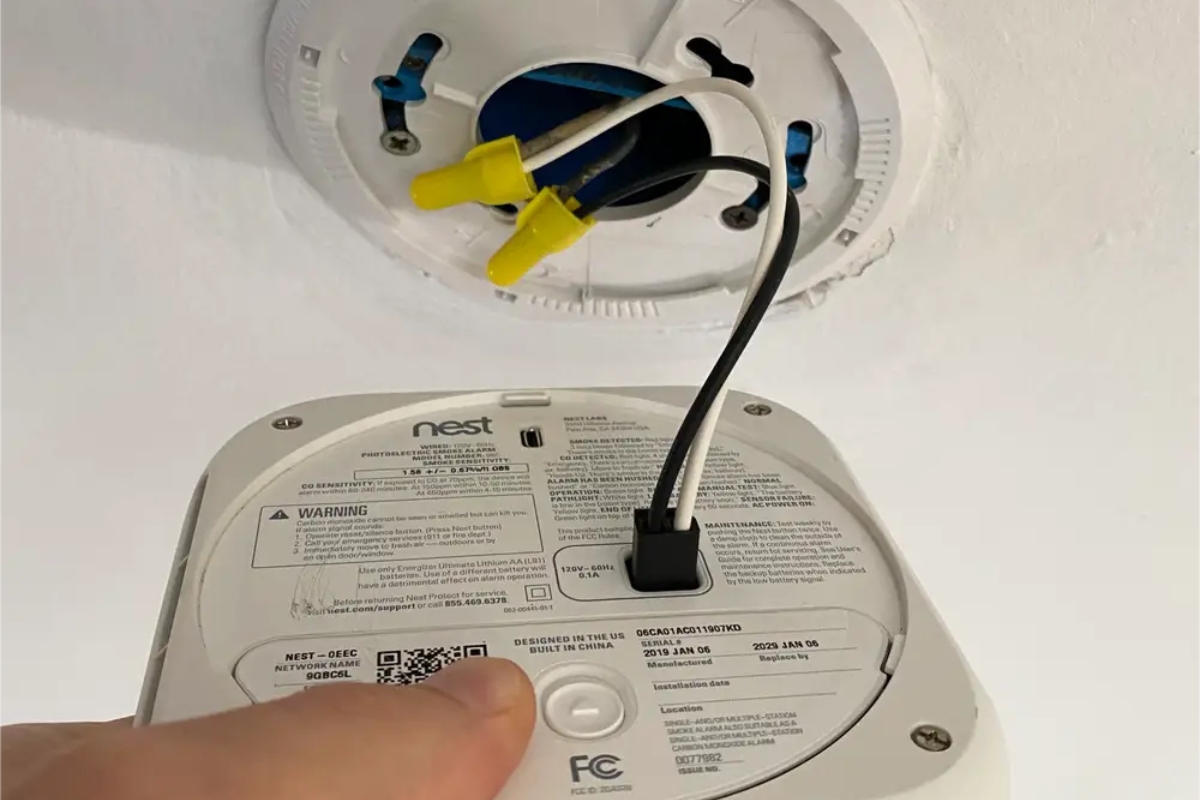
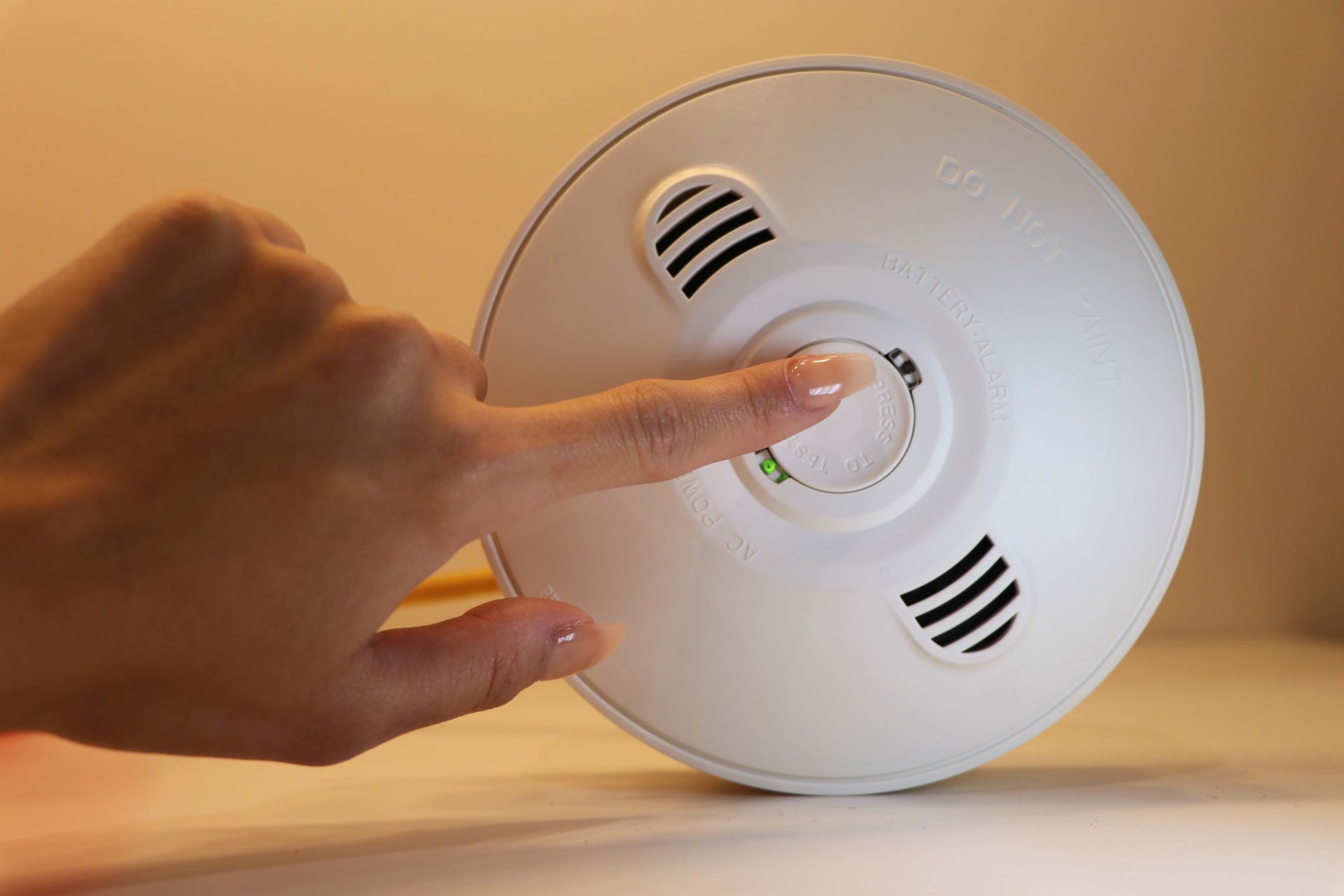
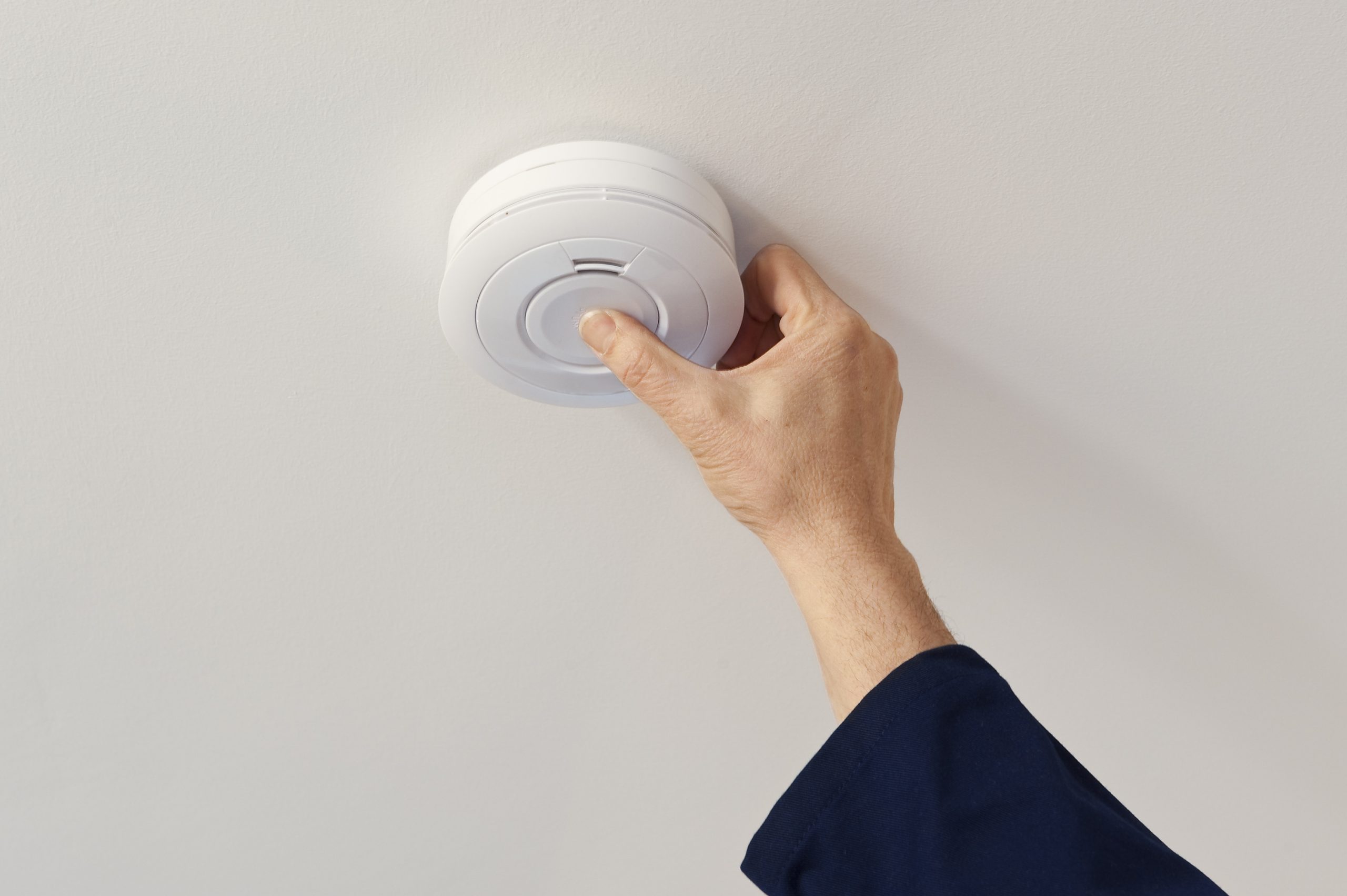


0 thoughts on “How Long Does A Smoke Detector Last”